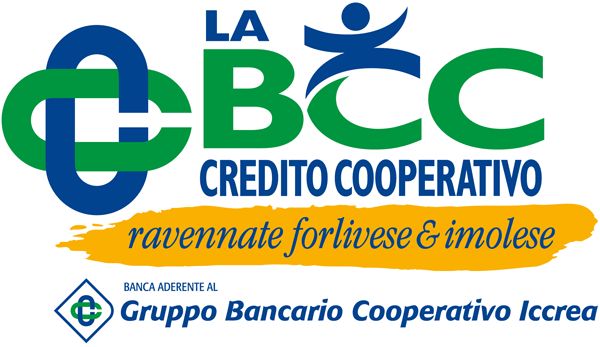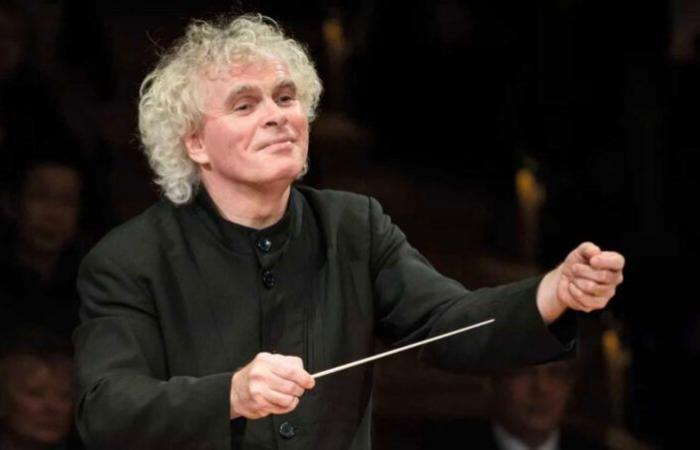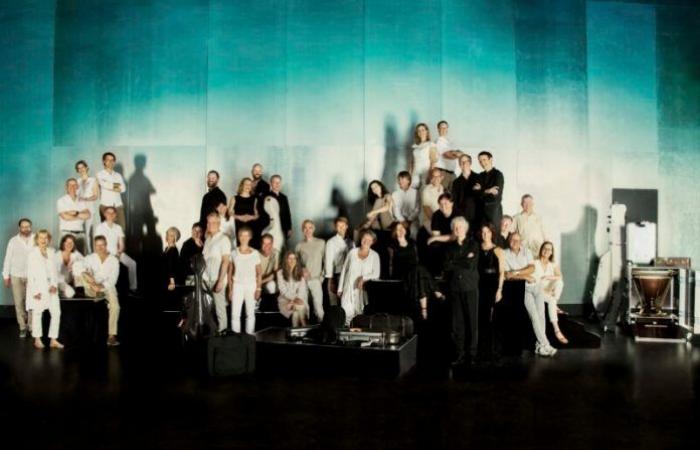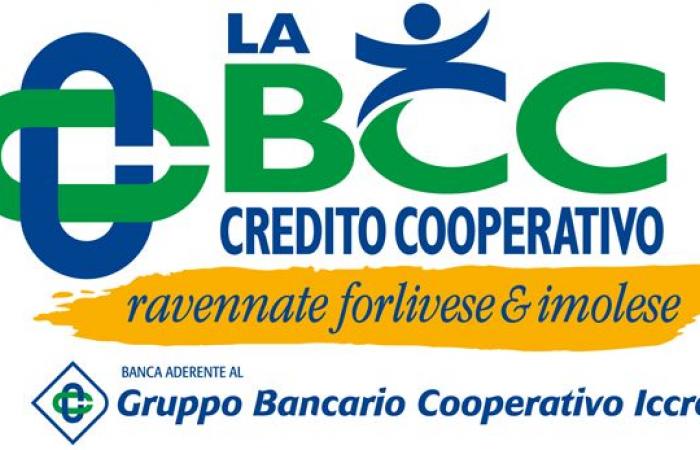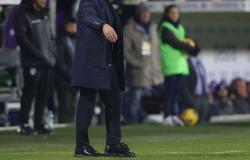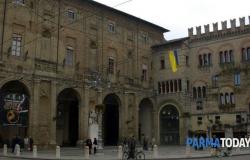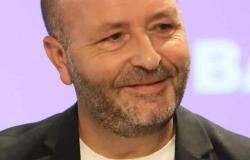One of the greatest conductors of our time – former musical guide of the legendary Berliner Philharmoniker – makes its long-awaited debut at the Ravenna Festival. Simon Rattleone of the most famous conductors on the international scene, is expected on Friday 28 June at 9pm at the Pala De André with the Chamber Orchestra of Europethe group founded in 1981 by Claudio Abbado, from which Rattle himself had collected the podium of the Berliner in 2002. With the British director, the mezzo-soprano Magdalena Kožená also makes her debut in Ravenna. The program is particularly varied and heterogeneous, built on the alternation between pages of very rare hearing and great pillars of the repertoire. We will go from the Scherzo capriccioso by Antonín Dvořák to the Symphony no. 9 “La Grande” by Franz Schubert. In the center, i Rückert-Lieder for voice and orchestra by Gustav Mahler and the Five Hungarian folk songs by Béla Bartók. The event is possible thanks to the support of La Bcc Ravennate Forlivese e Imolese and Confartigianato Ravenna.
The programme set up by Simon Rattle is a journey into the heart of Central Europe: Bohemia, Austria, Hungary will be crossed on the ridge that separates the nineteenth and twentieth centuries both in the great classical structures of the symphony and in popular song revisited for voice and orchestra. By the Bohemian Antonín Dvořák (1841-1904) we will hear the rare Scherzo capriccioso (1883), characterized by a more dramatic and aggressive style compared to the proverbially carefree and country atmospheres of this author. We will then move on to Rückert Lieder that Gustav Mahler composed from 1901 to 1904 taking inspiration from the 448 poems of the cycle Kindertotenlieder by Friedrich Rückert, a huge reflection on the fleeting nature of life in an attempt to mourn the death of his children.
The Five Hungarian folk songs by Béla Bartók I am instead themost sophisticated example of folk song adaptation ever made by the Hungarian composer (of particular note is the first song, “In prison”). The journey ends with the great architecture of Schubert’s Ninth Symphony, known as “The Great”, a masterpiece with an uneven genesis: in 1828 Schubert offered the score of the Symphony to the Society of Friends of Music in Vienna, but after some uncertain orchestra tests, the new work was judged too complex and was rejected. It was Schumann, almost ten years after the composer’s death, who rediscovered the score at the home of Ferdinand Schubert, Franz’s brother; a rescue operation that returned to humanity one of the most daring and grandiose symphonic pages of Western civilization.
Born in Liverpool in 1955, from 1980 to 1998 Sir Simon Rattle he led the Birmingham City Symphony Orchestra, bringing it into the ranks of the best European ensembles. In 2002 he moved to Berlin wheresucceeding Abbado, he held the positions of Artistic Director and Chief Conductor of the Berlin Philharmonic until 2018, before becoming musical director of the London Symphony Orchestra. Since last year he has conducted the Bavarian Radio Symphony Orchestra.
Born in the Czech city of Brno, the mezzo-soprano Magdalena Kožená He worked with conductors such as Boulez, Dudamel, Abbado, Jansons and pianists such as Barenboim, Martineau, Schiff and Uchida, performing in contexts ranging from Carnegie Hall to the Concertgebouw in Amsterdam to the Salzburg Festival. In his vast repertoire there is space for both ancient music and twentieth century authors.
Defined by the BBC and the Daily Telegraph as “the best chamber orchestra in the world”, the Chamber Orchestra of Europe And made up of musicians from all over Europe and was founded in 1981thanks to the group of musicians who met within the European Community Youth Orchestra (now Euyo). His important mentor in the early years was Claudio Abbado. Over time the COE has developed important artistic projects with Bernard Haitink, Nikolaus Harnoncourt, Yannick Nézet-Séguin, Vladimir Jurowski and with soloists such as Radu Lupu, Murray Perahia and Maria João Pires.
Info and presales: 0544 249244 – www.ravennafestival.org. Tickets: from 15 to 65 euros (reduced from 12 to 55 euros).
Young people at the Festival: under 18 5 euros; National Youth Card (18-35 years): 50% discount
Free shuttle to the concert with two departures from the station (7.40pm and 8.20pm) and return; the Mercato Coperto bar is active in the external area next to the Danteum.
